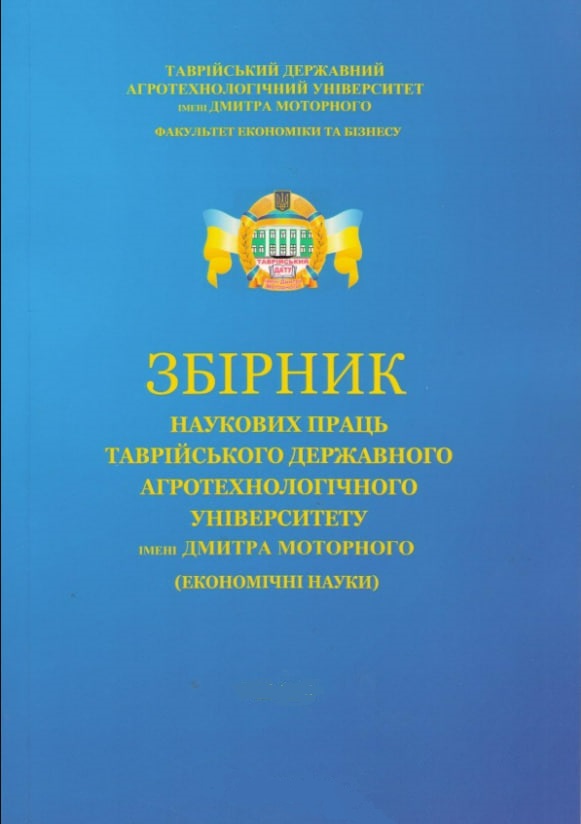АНТРОПОЛОГІЧНІ ВИМІРИ ПРИРОДИ КОНФЛІКТІВ В ПУБЛІЧНОМУ УПРАВЛІННІ
Ключові слова:
конфлікт, управління конфліктами, конструктивні конфлікти ,деструктивні конфлікти, інституціоналізація конфлікту, міжособистісні конфлікти.
Анотація
Анотація. Статтю присвячено проблемам виникнення конфліктних ситуацій між гілками влади, різними політичними силами та громадськістю, окремими політичними лідерами та суспільством, місцевою та центральною владою, між владою та народом. Саме вміння толерантно і з увагою до всіх сторін конфлікту вирішувати такі проблемні ситуації є важливим елементом, способом гуманізації суспільної свідомості, свідченням відповідальності, зрілості й демократичної готовності громадян.
Посилання
1. Дуткевич Т. В. Конфліктологія з основами психології управління: навч. посібник. – Київ: Центр навчальної літератури, 2005. – 456 с.
2. Брегеда А. Ю. Соціологія: навч.-метод. посібник для самостійного вивчення дисципліни. – Київ: КНЕУ, 1999. – 124 с. 3. Ємельяненко Л. М. Конфліктологія: навч. посібник. – Київ: КНЕУ, 2003. – 315 с. 4. Бойчук М. А. Влада і громадянське суспільство: механізми взаємодії. – Київ, 2013. – 207 с.
5. Гірник А. Конфлікти: структура, ескалація, залагодження. – Київ: Вид-во Соломії Павличко "Основи", 2003. – 172 с.
6. Громадянське суспільство в сучасній Україні: специфіка становлення, тенденції розвитку / За заг. ред. Ф. М. Рудича. – Київ: Парлам. вид-во, 2006. – 412 с.
7. Громадянське суспільство та публічна політика: метод. рек. до практ. та семінар. занять / Уклад.: С. І. Вировий, О. Р. Титаренко, І. В. Рейтерович. – Київ: НАДУ, 2009. – 28 с.
8. Громадянське суспільство як здійснення свободи: центрально-східноєвропейський досвід / За ред. А. Карася. – Львів : Львів. нац. ун-т ім. І. Франка, 1999. – 384 с.
2. Брегеда А. Ю. Соціологія: навч.-метод. посібник для самостійного вивчення дисципліни. – Київ: КНЕУ, 1999. – 124 с. 3. Ємельяненко Л. М. Конфліктологія: навч. посібник. – Київ: КНЕУ, 2003. – 315 с. 4. Бойчук М. А. Влада і громадянське суспільство: механізми взаємодії. – Київ, 2013. – 207 с.
5. Гірник А. Конфлікти: структура, ескалація, залагодження. – Київ: Вид-во Соломії Павличко "Основи", 2003. – 172 с.
6. Громадянське суспільство в сучасній Україні: специфіка становлення, тенденції розвитку / За заг. ред. Ф. М. Рудича. – Київ: Парлам. вид-во, 2006. – 412 с.
7. Громадянське суспільство та публічна політика: метод. рек. до практ. та семінар. занять / Уклад.: С. І. Вировий, О. Р. Титаренко, І. В. Рейтерович. – Київ: НАДУ, 2009. – 28 с.
8. Громадянське суспільство як здійснення свободи: центрально-східноєвропейський досвід / За ред. А. Карася. – Львів : Львів. нац. ун-т ім. І. Франка, 1999. – 384 с.
Опубліковано
2019-02-10

